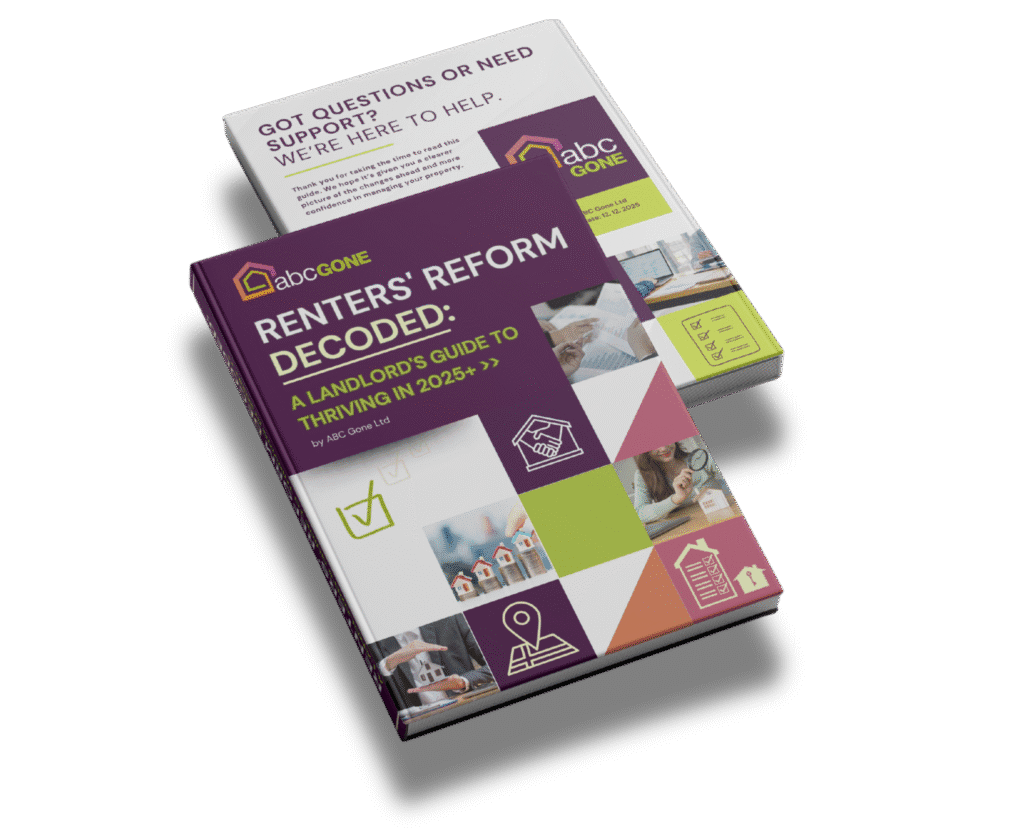If you’re renting out property in the east London and Essex areas of Romford, Hornchurch, Dagenham, Rainham, Upminster or Harold Wood, and looking for a secure monthly income, a guaranteed rent scheme might be the right choice for you. There are different options to choose from, including council-guaranteed rent schemes operated by local authorities. We look at what council-guaranteed rent schemes involve, their pros, cons and some alternatives that you might consider.
What is a guaranteed rent scheme?
A guaranteed rent scheme involves a third party – usually a letting agent or local council – managing a landlord’s property on their behalf for an agreed period. The landlord receives a guaranteed monthly rent during the contract, even if the property is vacant or the tenant falls behind on their rent. The schemes are attractive to landlords, who know they will receive the agreed rent every month without responsibility for the day-to-day running of the property.
How do council-backed guaranteed rent schemes work?
In some areas, local authorities run council-guaranteed rent schemes. Local authorities have a responsibility to tackle homelessness in their areas. As levels of social housing do not meet demand, councils have increasingly looked to work with private landlords to help them find homes for people on their housing lists. For example, in east London, the borough of Redbridge offers landlords a Private Sector Leasing scheme, where the council leases properties through a lettings agent. Other London boroughs, including Havering and Barking and Dagenham, have different schemes which help landlords find tenants, and pay deposits or rent in advance.
What are the benefits?
- While council rent guarantee schemes vary, they can take the hassle out of being a landlord, helping you find and vet tenants and managing inspections and repairs.
- Many of these schemes are managed on the council’s behalf by letting agents with experience of renting out property in the private sector.
- As with other rent-guaranteed schemes, you’ll know you have a regular income coming in during the period of the tenancy.
- Councils may take care of some of the admin for you – such as landlord accreditation and licensing fees.
- You’ll be doing a social good, providing homes for people in who may be in housing need.
What are the drawbacks?
- The rent your will receive should be fair as it is based on the Local Housing Allowance – this is the amount used to calculate housing benefit and is based on average local rents. However, you may be able to get a higher rent if you let your property privately.
- You may not get a say over – or even know – who you are renting your property to.
- There may be some added bureaucracy involved in setting up your contract, which could slow down the process and mean it takes longer to receive your rent.
What are the alternatives?
As well as council rent guarantee schemes, private schemes, from letting agents or property management companies, also exist. Like the council versions, these schemes guarantee your rent for a set period, even if your property is without tenants. They may work better for you if you have a particular type of tenant in mind, such as young professionals. It’s important to read the terms and conditions of your scheme carefully before signing up.
What is the difference between a guaranteed rent scheme and rent guarantee insurance?
Rent guarantee schemes promise you a set monthly income. Rent guarantee insurance, on the other hand, is a policy for which you pay premiums to cover your rent if your tenant fails to pay. It can be a good idea if you want a traditional tenancy with the peace of mind that you will be reimbursed if your tenant gets into arrears. Again, policies vary and have many clauses and conditions, so read the small print.
If you’re a landlord with a property in east London or Essex, our ABC Gone scheme might be the right one for you. We guarantee your income whether or not the property has a tenant, and whether or not they pay the rent. We deal with professional tenants, manage all repairs and maintenance for you and we promise there will be no fees or hidden extras. Plus, we can have your contract up and running in as little as seven days. Find out more about the scheme.





